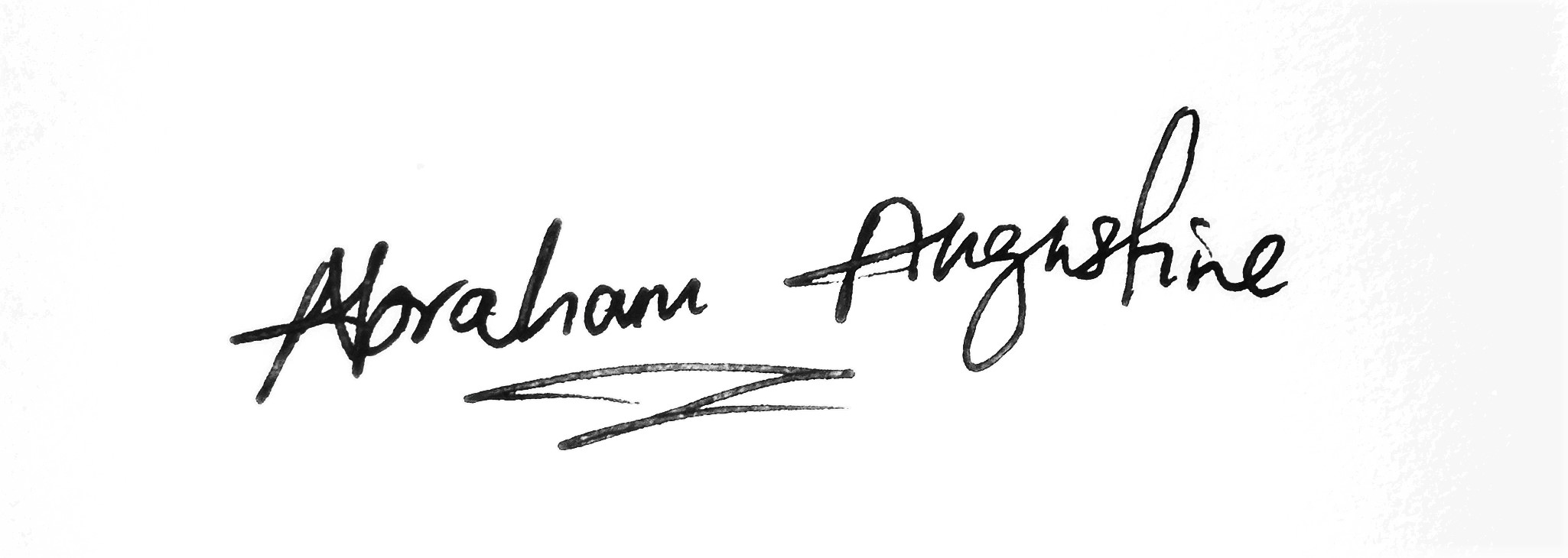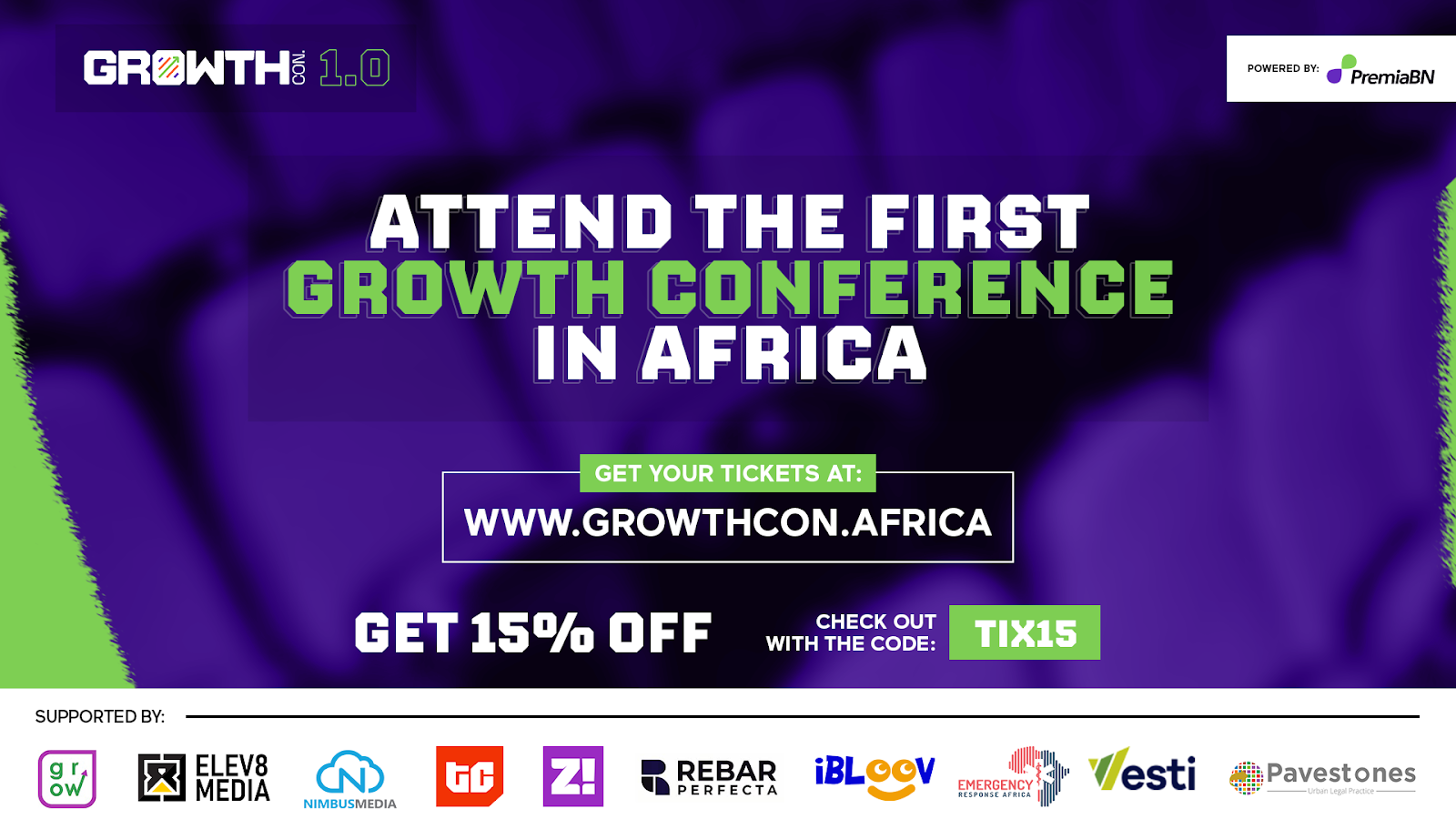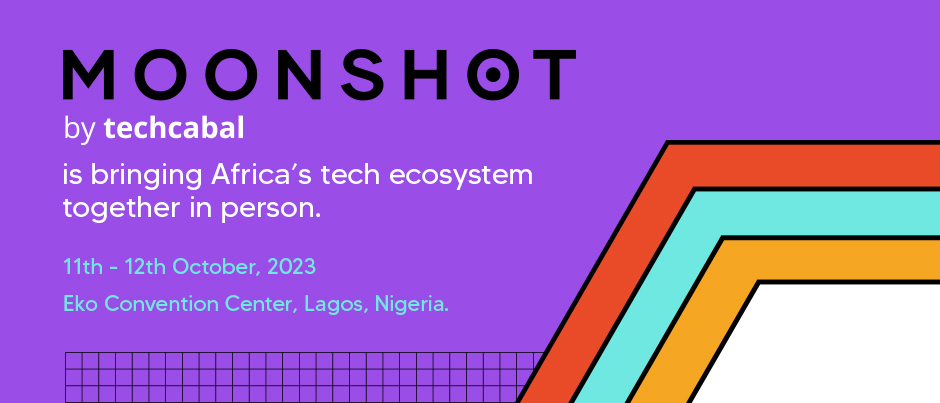
First published 9 July 2023.
Credere (from Proto-Indo-European – ḱreddeh- i.e to trust) is the heart of lending. In far too many African markets credere is local, very local and we can’t technology our way out of this “tribal” variety credere.
The entire financial system is constructed on the premise that if you have too much money than you could spend in the short term, you would look for somewhere to stash it. And if I knew how to spend money in the short term to generate even more money, you would stash it with me.
You trust me with your money and I trust that between keeping watch over it and giving it back to you, I can make enough to justify the effort by making more money from it. To quote Matt Levin.The bank is a magic trick that allows risk-averse savers to fund risky projects.
Let us call this system of brokerage between risk-averse depositors and risk-loaded entrepreneurs, Trust Transactions.
Another point to note about this system is that was not legislated into being. It has had centuries to develop and be finetuned. Even so, it does not work the same everywhere. For Africa in particular, alongside versions of the Trust Transactions described earlier (mostly large for cross-border trade routes), local groups developed their unique Trust Transaction systems for depositing and managing wealth. Despite this happening in populations separated by thousands of miles, the results were often similar. Whether they are called tontines, chamas, esusu or stokvels, these small group credit systems essentially functioned as deposit money banks, and insurance systems for their communities across Africa.
These communities were more social than commercial
A close parallel to how these systems operated are the credit union and Main Street bank ecosystem that blossomed as frontier towns grew in young America. These small-town banks served as engines for America’s explosive growth in the 19th and 20th centuries.
Whether in 20th-century America or Africa, the key to the success of these banks was that they were more social than commercial in their daily operations. They had a friendly human face whom participants knew and trusted. And trust was often the only asset entrepreneurs who borrowed from the pooled fund could boast of.
As the United States grew into a modern economy, these small family-friendly banks, credit unions and the entrepreneurs they backed also blossomed alongside the. Sam Walton of Walmart fame for example built his straggling small-town business into a national chain off the back of credit from small-town banks. As business grew, several small-town banks lost their small-town background, grew and became indistinguishable from the big banks.
By contrast, Africa’s credit unions—the chamas, tontines and esusu groups—remained local. Contained in small towns, neighbourhoods or villages participation was limited to only a few people at a time.
By this time, the modern financial system was pretty much established. Still, even though the newly created African banks received the bulk of their deposits from ordinary income earners, they preferred to operate models based on lending to the government or a handful of big businesses. Remember, successful banking depends on a trick. I convince you that your money is safe with me and I convince myself that someone else needs that money enough to promise to pay me for taking a risk that you would not have chosen to take. Usually, this desperate someone is a business person.
From micro-finance to digital banking and lending
While esusu-type groups grew with the increasing population, African banks mostly chased safe investments in government bonds. So if you had enough money, you kept some of it at the bank, but if you needed a loan or money to finance a big project you turned to your closest esusu group.
Fast forward this by a few years and suddenly there are more options to pick from. High-interest loans from micro-finance banks + paperwork. And high-interest loans from a smartphone. Most people will pick the smartphone option. But there are three problems with this. The first is that the smartphone option is usually not a business loan. The second is that the lender and the borrower do not know each other. The last problem is that trust is highly localised. Once “out of bounds,” commercial trust breaks down.
Partner Content:
Will Africa’s B2B e-commerce industry survive another decade?
The result is predictable. High default rates. Lenders try to fight with higher interest rates and naming-and-shaming schemes. Eventually, it devolves into a cat-and-mouse game between lenders and borrowers.
If you were a digital lender what would you do in response? A lot of digital lending firms seem to think the answer is writing more algorithms to help them predict what a prospective borrower would do. It’s a good idea and it probably helps a lot. While I’m not a banker or an underwriting expert, I’ve given this some thought and the underlying problem with getting digital lending to work seems to be more of a social problem than a problem software can solve.
To put it another way, trust relationships in many parts of Africa do not extend more than a few degrees of personal contact. We are stuck in the local esusu trust level of trusted transactions. It is a malaise that affects everyone. Banks and depositors alike. In many cases, there is good reason for that.
Partner Content:
Tracc Systems partners with Eonsfleet to revolutionise the supply chain and transportation management landscape in Africa
The lack of and abuse of broad consequences for misusing trusted transactions encourages everyone to just stay away and stick to the devil that is known. One former neighbour started a business distributing doughnuts. Within a year, he had switched to bread, delivering 100 loaves per week. By the next year, he had grown his distribution enough to need two buses and today regularly delivers several thousand loaves per week with a fleet of four minibuses at last count—in a small Nigerian city. And he covers only a portion of cities. He started that business with debt and still incurs occasional debt when he needs an expansion burst, so he is not anti-credit. But this former neighbour and friend will not touch bank money, even when his bank is calling.
I doubt he will shift his position (all things being equal) for a pure-play digital bank or fintech. The sample size cited is one, but represents, I believe how a lot of business is conducted in Africa. It is a deep gap in the business ecosystem that financial services providers are going to have to work out.
How do you keep the human face and expand the trust chain enough to find scale fast, but not too fast that it breaks down? How do you remain local in a thousand different cities and neighbourhoods without losing a scalable value proposition? Because technology alone cannot leapfrog this trust disconnect.
Partner Content:
Return on Experience: How fintech brands can drive their ROI within the economic downturn
We’d love to hear from you
Psst! Down here!
Thanks for reading The Next Wave. Subscribe here for free to get fresh perspectives on the progress of digital innovation in Africa every Sunday.
Please share today’s edition with your network on WhatsApp, Telegram and other platforms, and feel free to send a reply to let us know if you enjoyed this essay
Subscribe to our TC Daily newsletter to receive all the technology and business stories you need each weekday at 7 AM (WAT).
Follow TechCabal on Twitter, Instagram, Facebook, and LinkedIn to stay engaged in our real-time conversations on tech and innovation in Africa.

Abraham Augustine,
Senior Reporter, Business and Insights
TechCabal.


















